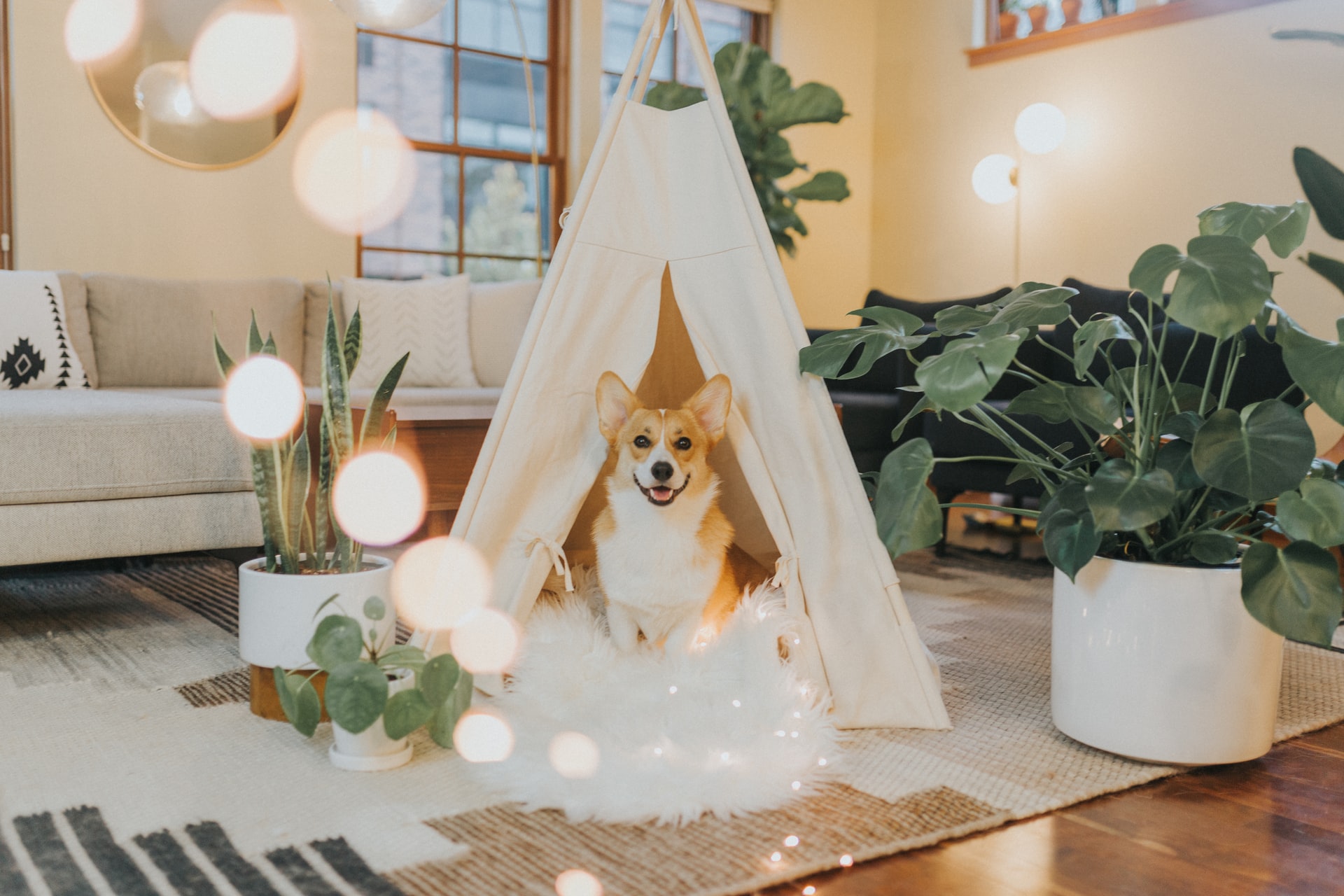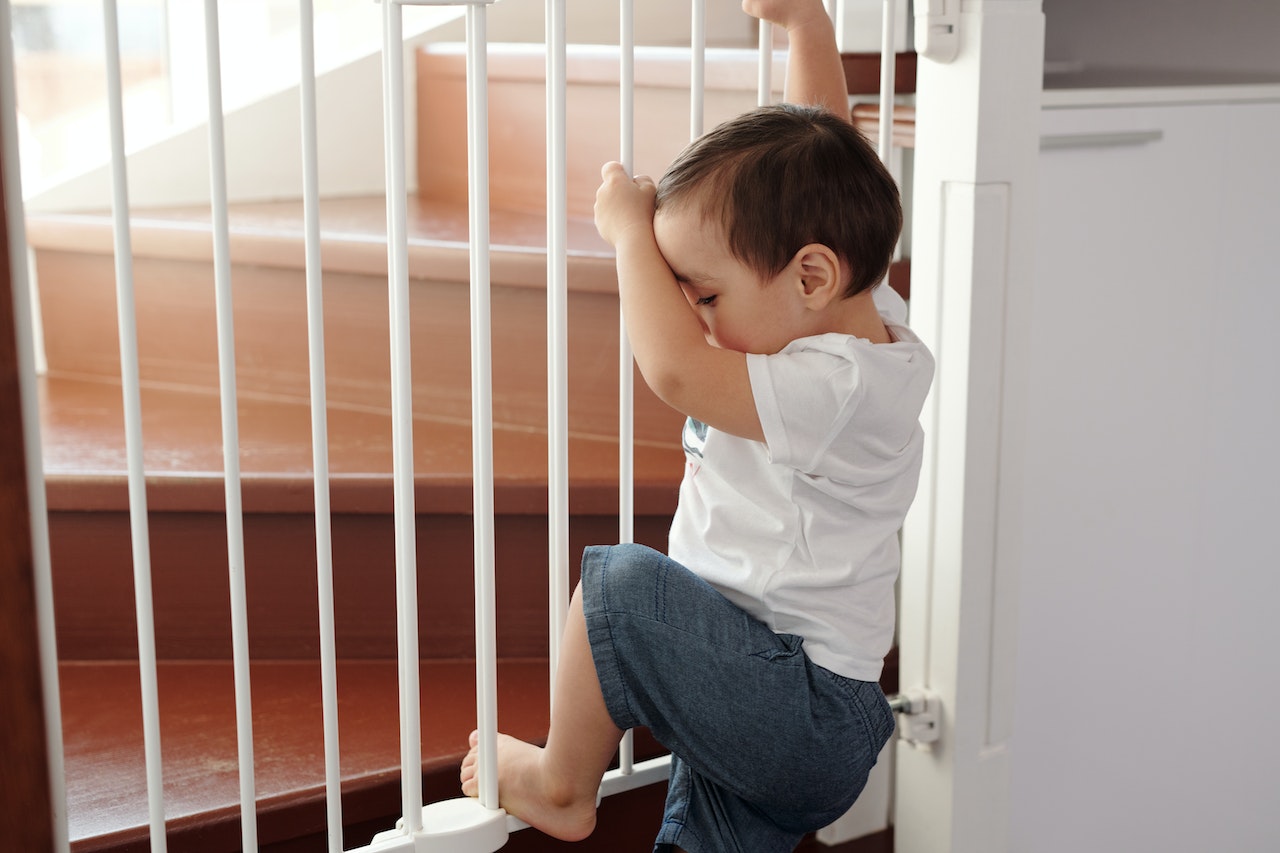Whether you have a dog, cat, bird, reptile, or an exotic animal at home, owning a pet is a wonderful experience and an important responsibility. Having a happy, healthy pet at home is paramount to the animal’s ability to thrive and do well in its new environment. There are many benefits of having a happy pet at home, from furry pets like dogs, cats and rodents to livestock like pigs or exotic pets like lizards and snakes. Not only will your pet contribute to you and your family’s happiness, but the animal will be happy as well. A pet can encourage bonding, inspire you to exercise, and give you something to care for other than yourself. With a healthy and happy pet at home, you’ll reap the benefits of sharing your love and attention with another living thing. Read on to discover how you can ensure that your pet is content and thriving, no matter what kind.
Importance of having a routine for your pet
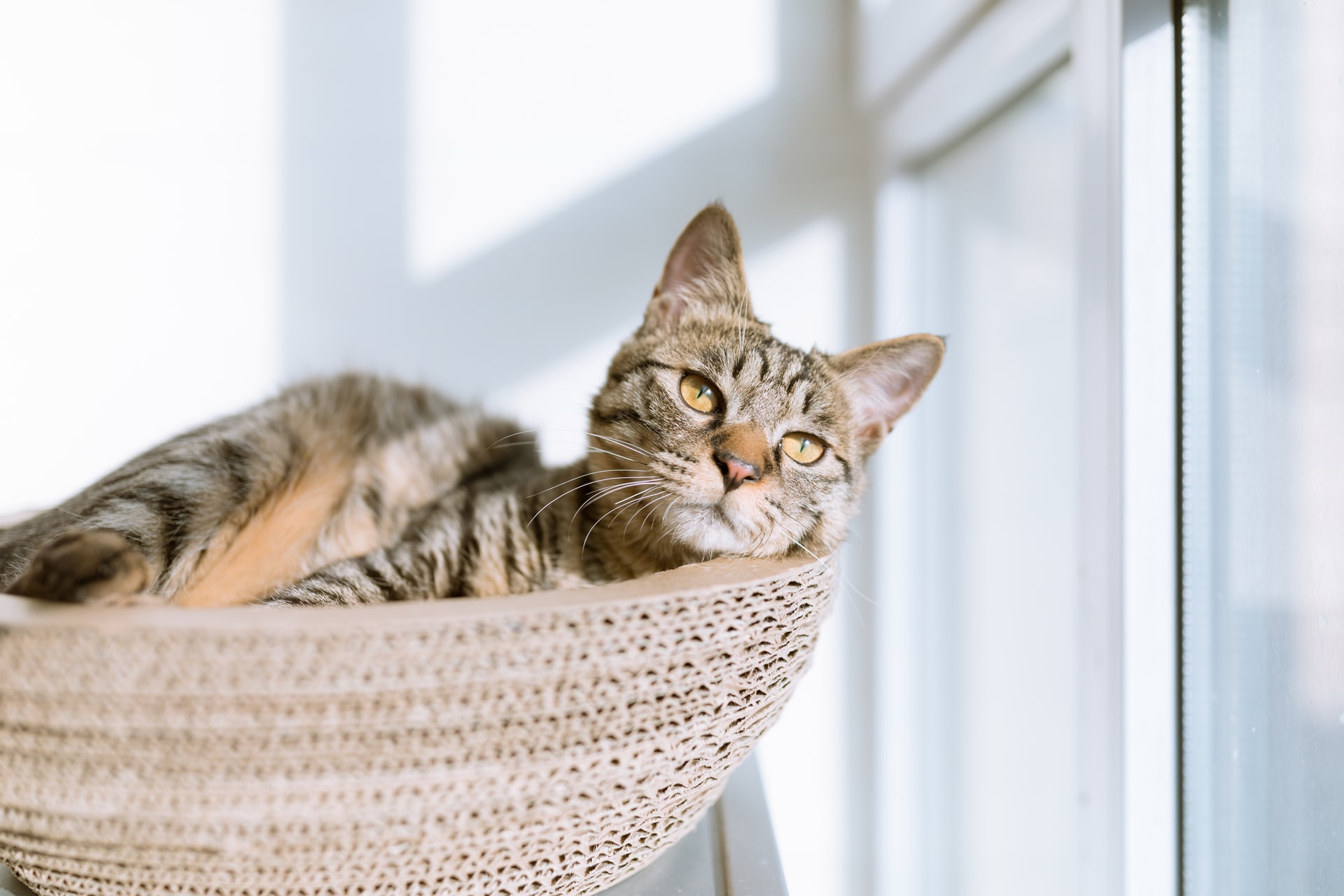
Sticking to a routine isn’t just essential for you too, but it’s also very important for your pet. Most animals operate on an internal clock and will rely on you to keep on top of their feeding times and more. Aside from feeding, your pet will require regular veterinary visits for checkups, vaccines, and medication. They’ll also need to have a good exercise routine when applicable. Dogs and cats particularly rely on routines since they’re very dependent on their owners. Ensuring that your dog or cat is getting the daily attention, food, and exercise they need is pertinent to their thriving.
Interactive and mental activities
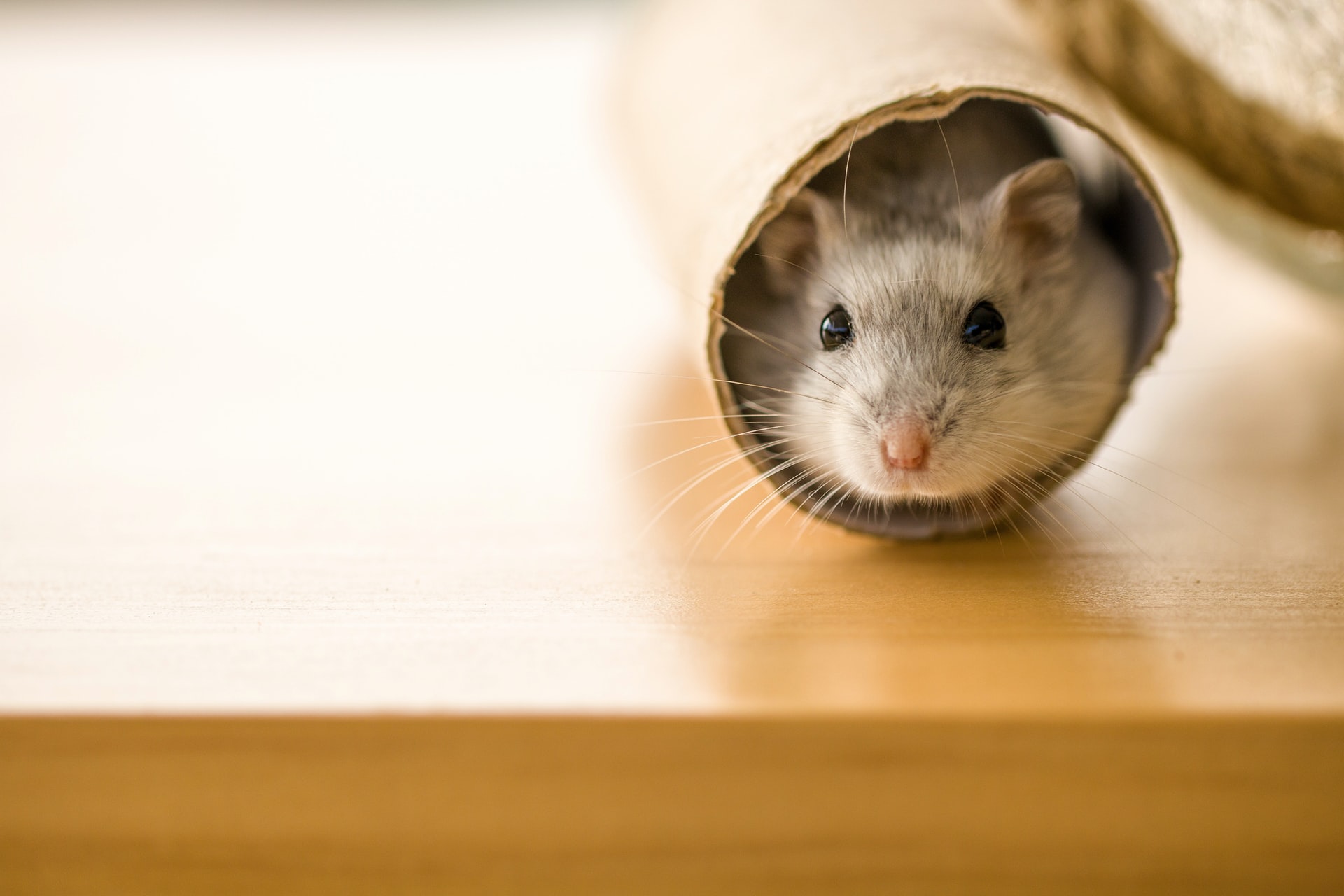
Mental and physical stimulation is vital for your pet to thrive and be happy at home.
- Give your pet some one-on-one attention every day and talk to them regularly. Not only will this strengthen the bond between yourself and your pet, but it also reassures them that they are in a safe place with people who care about them. Regular interaction with any type of pet is crucial to their overall health and mental well-being.
- You can interact with your pets by giving them a belly rub or just grooming them with a brush. Smaller animals like a rabbit or ferret enjoy playing with toys or even being let out of their cage for a few minutes each day so you can hold them. Exotic pets like lizards and snakes don’t require as much interaction with their owners, but taking them out of their cage for some playtime is always a good way to give them some mental stimulation. Just talking daily to pet birds can help them bond with you. It also gives them a little bit of extra interaction with their owner, which also helps the bonding process.
- Look for interactive games you can play with your dog or cat, such as a ball for dogs to fetch or wand toys for cats. Remember that choosing the right toys for your pet is very important.
- Not only does interacting with your pet increase and improve mental stimulation, but it also improves the bond between the pet and owner. Laser lights and anything that involves chasing prey is a good choice of interactive game for cats. Puzzles and games with treats for your dog will keep their minds active and provide them with a reward once the puzzle is “solved.” Training your pet is also a great way to keep them mentally active.
Exercise and physical activity
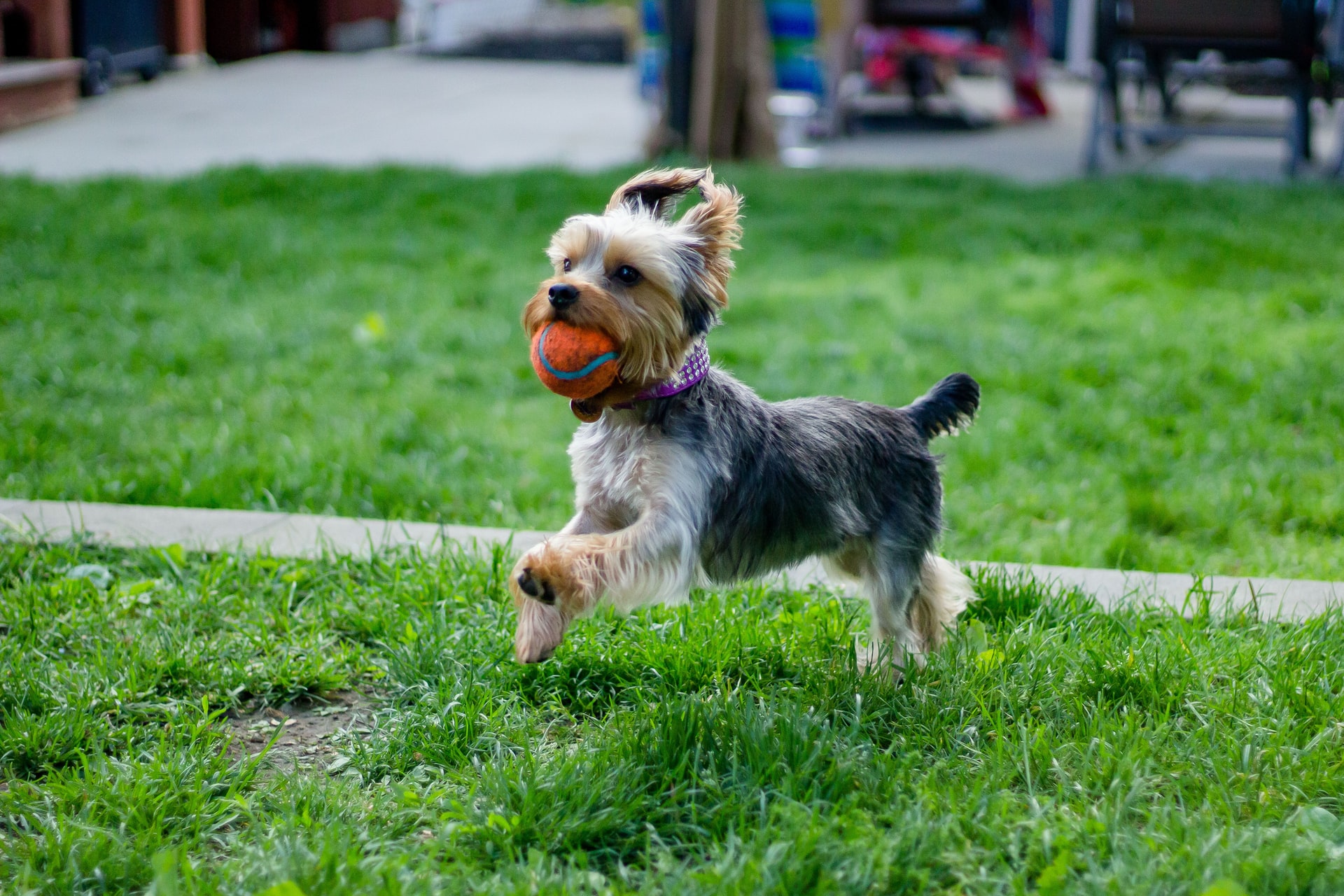
Aside from basic interaction with your pet, physical exercise is crucial to their health and happiness.
- All animals require exercise to keep them healthy and strong. Without regular exercise, your pet may suffer from a variety of health conditions. It may also affect their mental health. Larger pets like pigs should have an outdoor area where they can roam and play throughout the day. Exercise helps to prevent obesity, keeps muscles strong, and provides your pet with additional mental stimulation.
- Dogs need a lot of exercise so if you have a fenced-in yard, allow your dog to get plenty of outdoor exercise. If you don’t have a yard, be sure to take your pooch to the local dog park or go for daily walks to help them stay active and happy. Cats require playtime with their owners, so make sure you have plenty of cat toys to help them get the exercise they need. For a rodent, a hamster wheel, or some rodent-approved pet toys will keep them active.
Grooming and affection
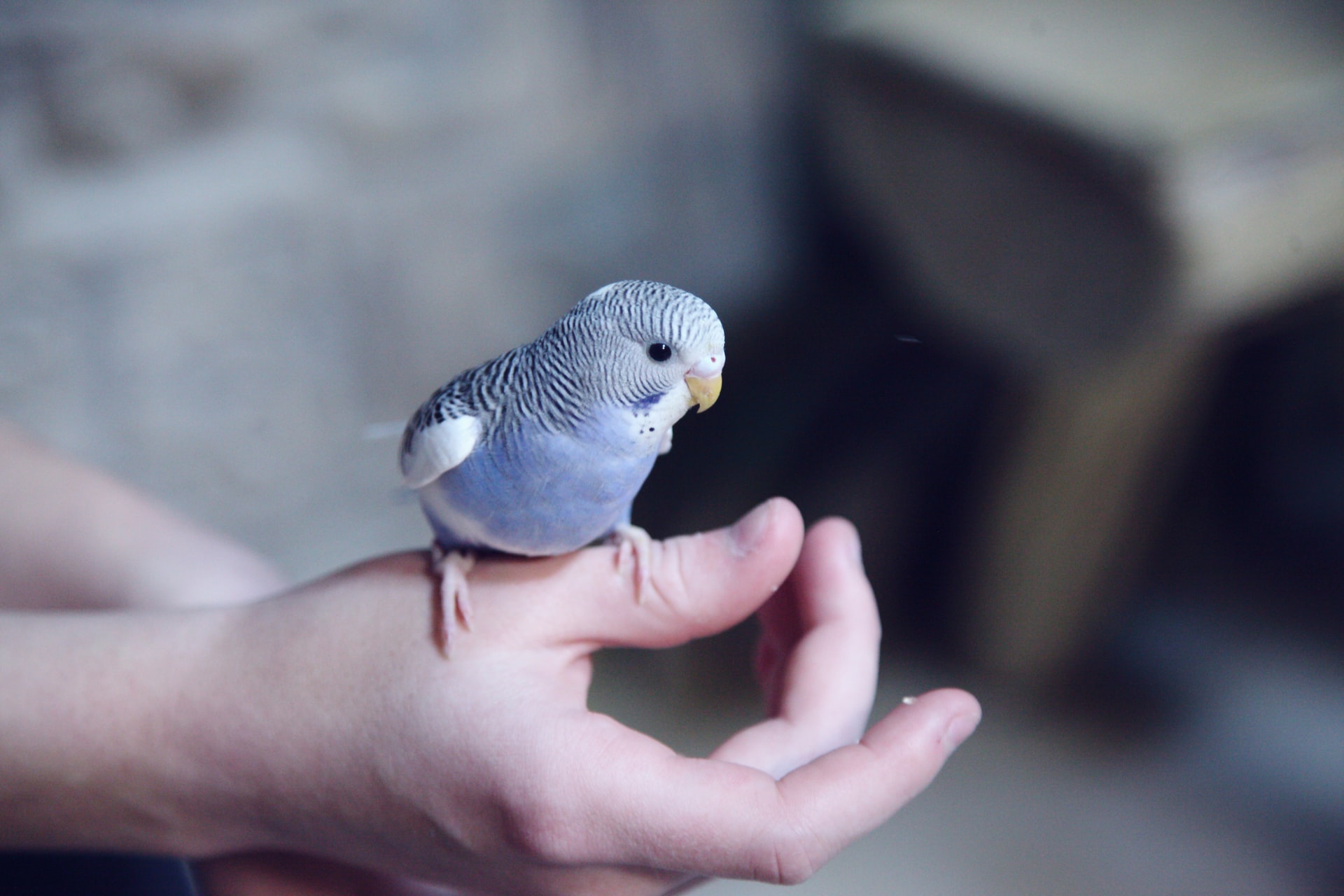
Regular grooming and showing affection are paramount to your pet’s happiness and overall well-being.
- Regular brushing for your dog or cat prevents matting and tangles and helps to keep their coats shiny and clean. If you need some help, take your pet to a professional groomer to trim their nails and coat. Nails should be clipped regularly to prevent infections and ingrown nails from forming. Of course, grooming is also an excellent way to show your love and affection to your pet. On the other hand, most exotic pets, particularly snakes and lizards, don’t need to be groomed.
- All domesticated animals need care and affection, including pigs and birds. Show your pet some love by petting them, playing with them, talking to them, and simply spending time with them daily. Not only will this affection make your pet happy, but it provides you with a lot of wonderful benefits, too, including lowering your stress and blood pressure. Birds enjoy “chatting” with their owners and perching on their shoulders. Spending time with your pet will help you understand the things they enjoy and what makes them happy.
Sleeping tips for pets
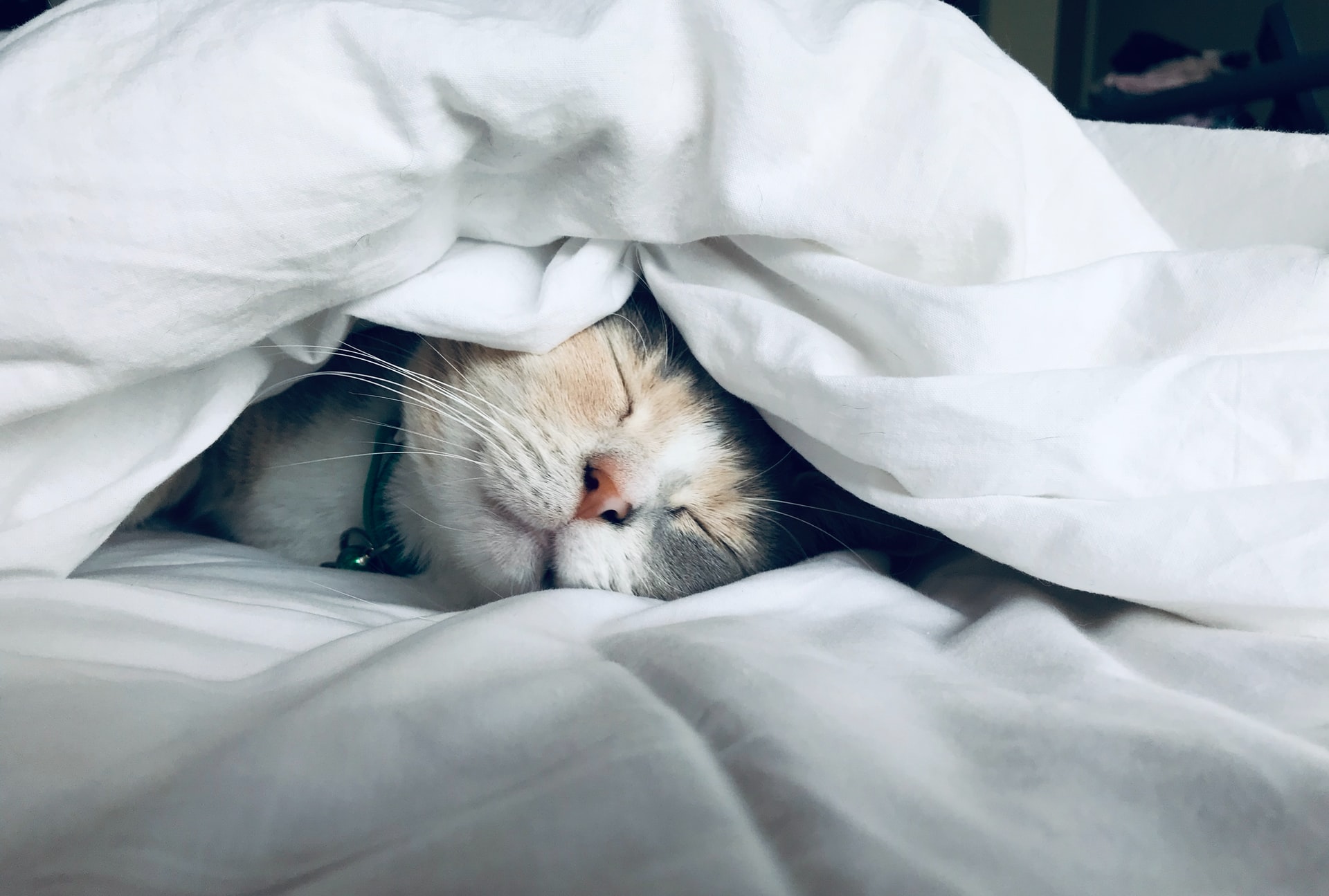
All living things need sleep to keep them healthy and happy. Here are a few quick sleeping tips for your pet:
- Developing a sleep schedule and giving your pet a safe place to sleep will ensure that they stay healthy and happy. Make sure that you choose a soft, comfortable dog bed or cat bed and put it in a quiet, clean, and private area of the home. Smaller animals may require a small “hut” or another container where they can feel safe to sleep for the night. Having a regular sleeping routine will help you and your pet develop good habits to keep the entire family happy.
- Help your pet understand when it’s bedtime by lowering the lights and providing them with a calm and quiet environment whenever bedtime approaches. Introduce your pet to their bed at an early age so that it becomes a habit to go there and fall asleep. Many birds like parrots require at least 10 to 12 hours of sleep per night, so make sure you’re giving them a dark, quiet area of the home where they can rest. Many pets, such as exotic pets, have an internal body clock that tells them when to sleep. As long as your pet has a safe and quiet area where they can rest, developing a good sleeping routine should come naturally over time.
Living with pets: cleaning tips
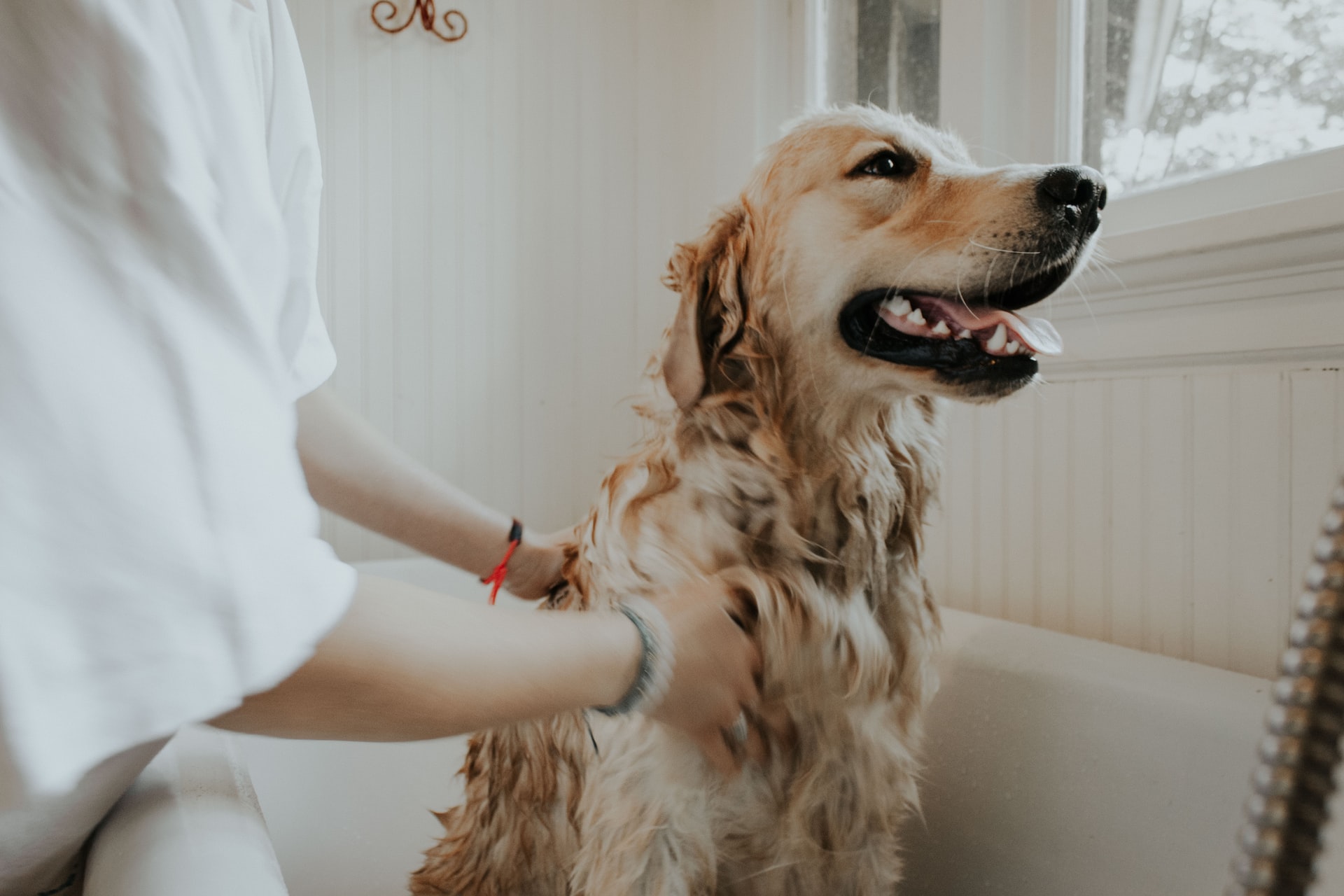
Pets can be messy creatures, so it’s up to us to ensure that they have a clean environment and that we have a clean house. Here are a few tips to ensure that your home stays clean while you have a pet around.
- Always use safe, non-toxic household cleaners if you have a pet. Remember that many pets like to lick things, and they could accidentally ingest something harmful when you clean.
- Make sure your pet’s cage or space is always clean. Change your rodent’s bedding and cage materials at least once per week. Scoop your cat’s litter boxes daily and remove dog poop from the yard daily.
- Always clean your pet’s food and water bowl after every meal. Refill water bowls with clean, fresh water every day or twice per day if possible.
- Bathing your dog when needed is an essential part of general pet care. For dogs with healthy skin and a healthy coat, the most common reason to bathe is to remove an unpleasant odor or because they’ve accumulated dirt on their coat. The benefits of bathing can include cleaning the skin and coat, which helps remove loose hair, scale, and debris and improve the hair coat’s shine.
- Wash all of your pet’s beds, bedding, and blankets regularly in hot water to keep them fresh and clean. You can also wash and clean dog toys regularly to prevent bacterial growth.
- Vacuum and mop floors regularly and remove pet hair from furniture often. Blot spills and clean messes as soon as they appear to protect your furniture and floors from damage.
General home safety tips
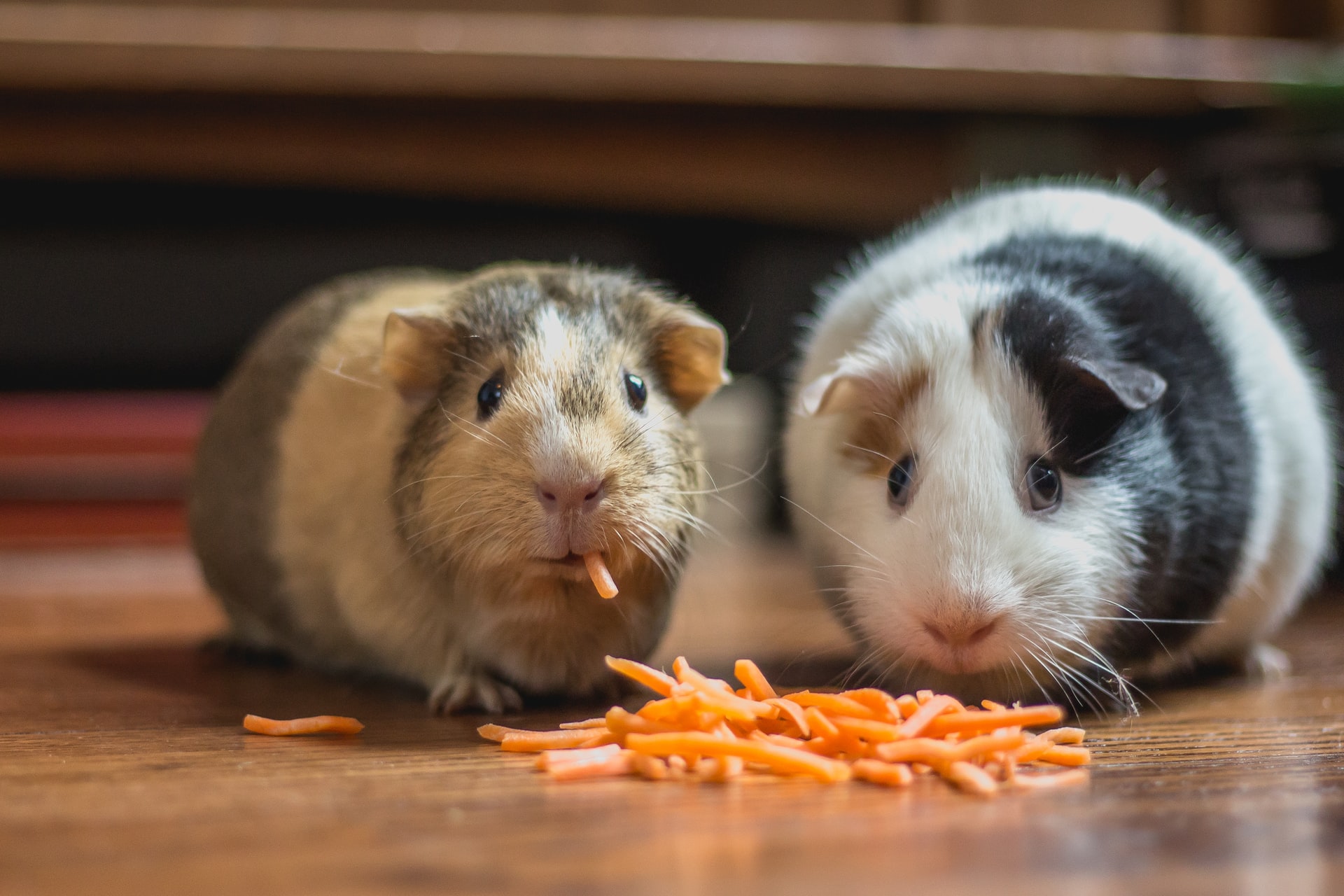
Aside from providing a clean home to your pets, here are some critical safety tips to keep in mind:
- Never leave anything that contains toxic ingredients in an area where your pet can find it. This includes cleaning supplies, medication, and foods that your pet should not ingest. Lock these items up in a safe area where your pets can’t access them.
- Set boundaries for your pet and make sure they understand that certain parts of the home or yard are “off-limits.”
- It’s best to keep your cat indoors to protect them from disease, injury, or running into trouble from predators that could harm them. You can also consider incorporating a catio to ensure your pet’s safety while they enjoy outdoors
- Make sure heavy objects are placed low inside your home. A curious pet could accidentally knock these items over.
- Use rug pads or rug grip tape to keep area rugs safely secured and in place.
- If you need to leave your pet with a sitter, make sure it’s someone they trust. Introduce your pet to the new person before you leave so that they feel comfortable being around a new stranger while you’re away.
Pet health tips
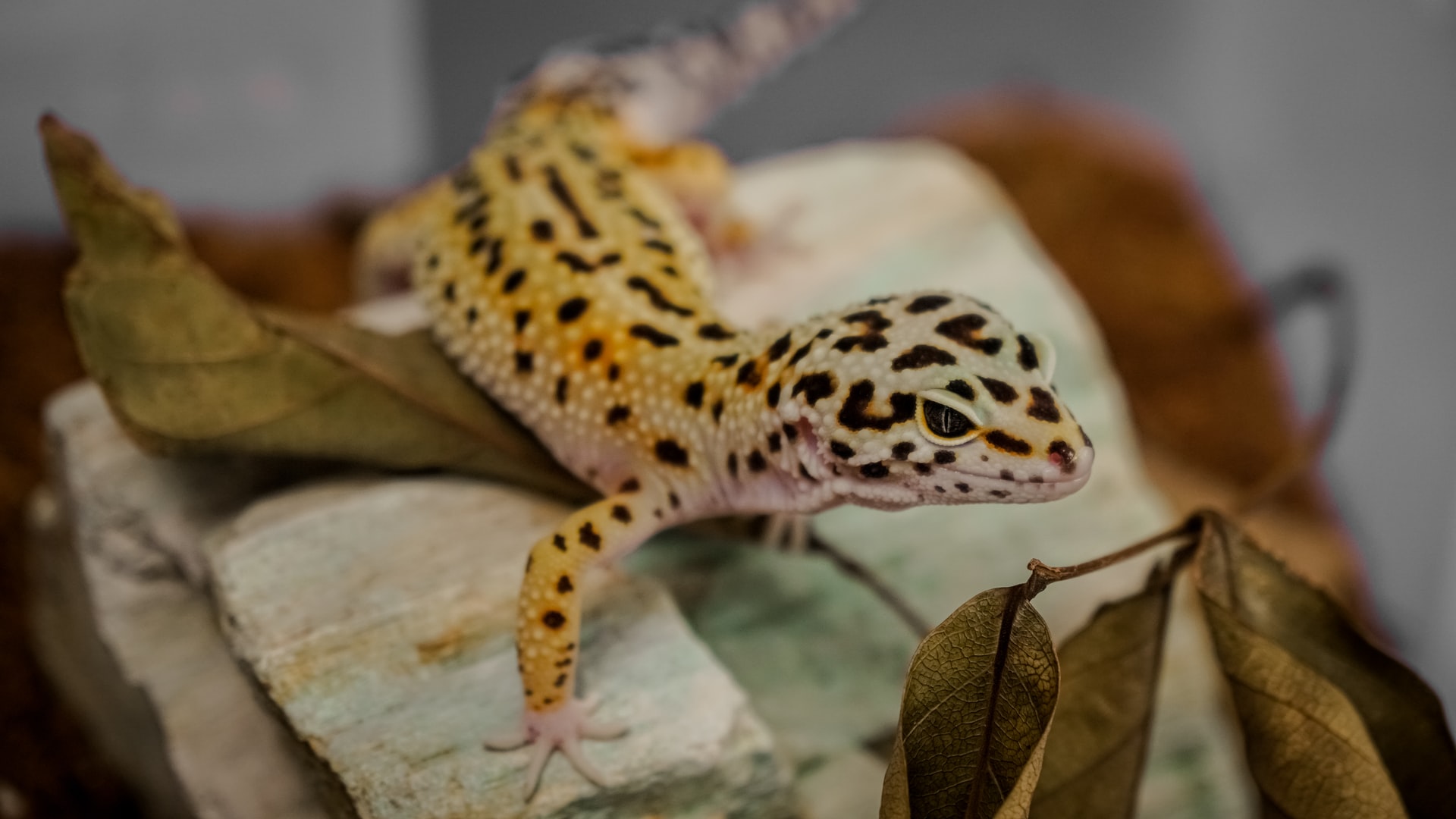
- Bring your pet in for regular veterinary checkups which include annual vaccines and a general check of their health.
- Feed your pets a healthy diet made with high-quality protein and avoid giving them table scraps. Keep treats to a minimum to ensure that your pet maintains a healthy weight.
- Always provide your pet with clean, fresh water. Dirty water can cause illness and harbors mold and a variety of harmful bacteria.
- Make sure that your pets are getting regular vaccines as recommended by your veterinarian.
- Spay or neuter your pet as soon as they are old enough.
Involve the whole family
Owning a pet is fun, but it’s also a responsibility to share with the entire family. Get your family involved by having everyone take the dog out for a walk or spend some time playing with your cat indoors. Teach your children how to feed your pet and how to clean up their messes. While enjoying time with your pet is part of your family’s happiness, sharing in the responsibility should also be part of that. Not only will involving the whole family in the care of your pet benefit the animal, but it will also improve the bond between your pet and other family members.
Dos and Don’ts for pets
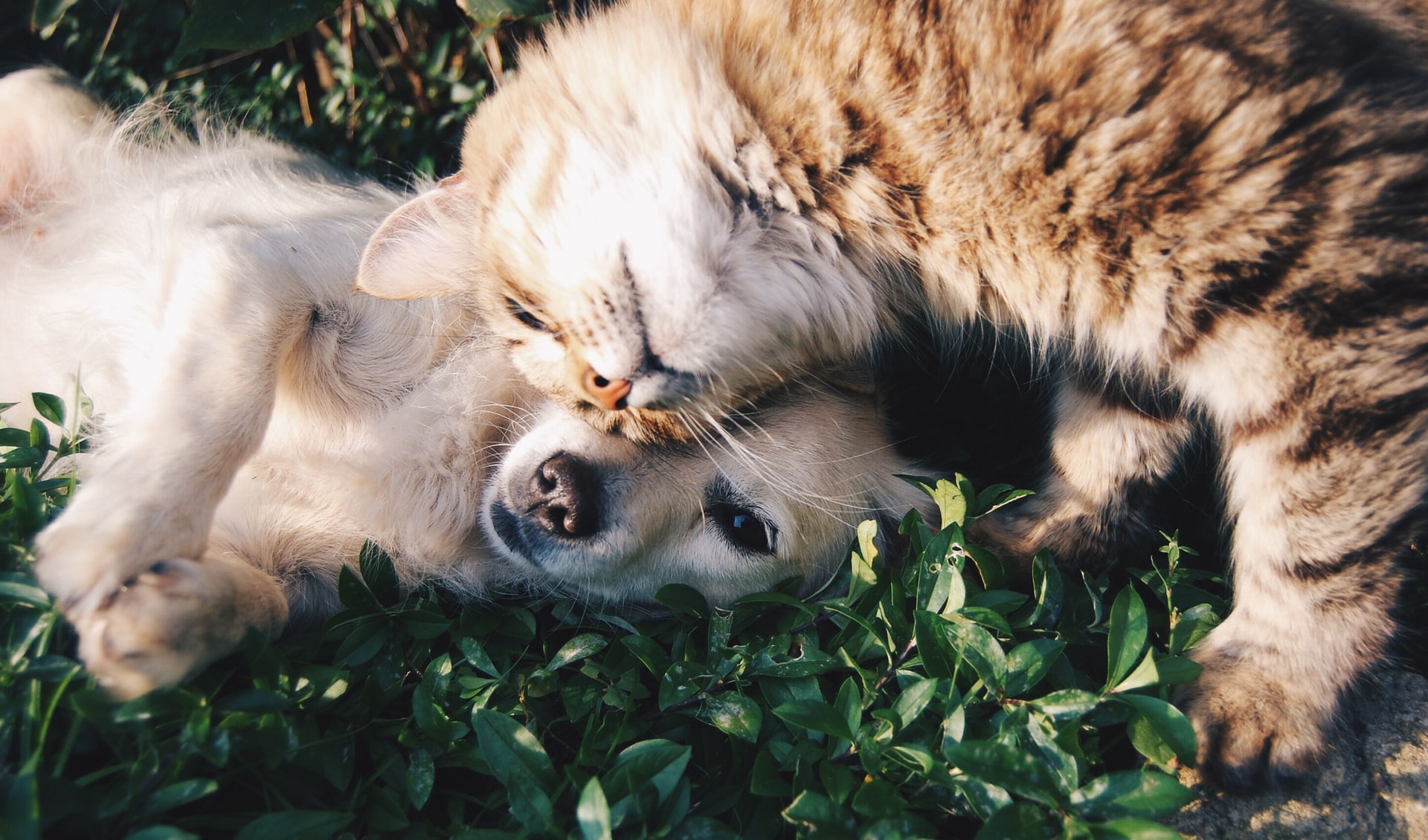
Here are a few essential dos and don’ts to remember when it comes to a happy pet:
Dos
- Spend lots of time with your pet giving them physical, mental, and emotional interaction.
- Feed your pet a healthy diet and keep their water and food bowl clean.
- Give your pet regular visits to the vet for vaccinations and checkups.
- Make sure your pet has a clean, safe, and quiet place to sleep.
- Learn more about how to properly care for your pet to provide them with a happy life.
- Make sure to buy your pet from an established breeder and not a puppy mill or backyard breeder.
Don’ts
- Leave dangerous items within reach of your pet, which may result in illness or poisoning.
- Neglect to give your pet the exercise they need to stay healthy.
- Allow your pet to run loose or walk your dog without a leash when you’re in a public place.
- Leave your pet’s water and food bowl sitting without cleaning it regularly.
Keep these tips in mind so you can develop habits that will provide your pet with a happy home. Whether you have a dog, cat, rabbit, bird, pig, or lizard, taking good care of your pet will ensure that they have a long and happy life. Remember to keep your pet’s environment clean and give them lots of exercise and attention. These tips will help you reap the many benefits of owning a pet while giving them the happiest life possible.
